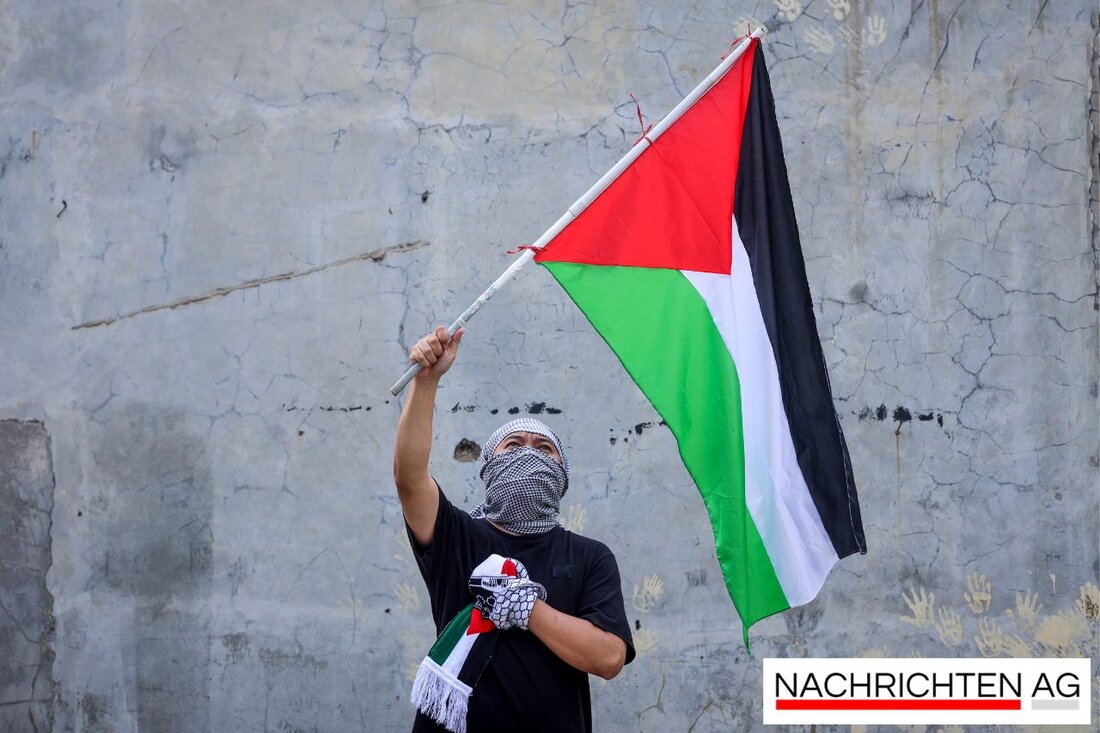Universities in Lower Saxony under pressure: Pro-Palestine camps in sight!
Pro-Palestine camps at universities in Lower Saxony are the focus of observation by the Ministry of Science.

Universities in Lower Saxony under pressure: Pro-Palestine camps in sight!
In recent weeks, pro-Palestine camps at universities in Lower Saxony have fueled public discussion. In particular, a tent camp on the campus of Leibniz University in Hanover has caused a lot of conversation. How n-tv reports, the Lower Saxony Ministry of Science is monitoring developments in these camps with great sensitivity. The suspicion of anti-Semitism is often raised, which reignites the debate about the appropriate way to deal with criticism of Israel.
The ministry emphasizes the importance of respecting the fundamental right to freedom of assembly while preserving Israel's right to exist. Science Minister Falko Mohrs (SPD) emphasizes that Jewish students must be safe at universities. In contrast, the opposition CDU party is calling for a new law that would make it easier to deregister in the event of anti-Semitic incidents. A debate that is loud WDR is also accompanied by reports of pressure on Jewish students at educational institutions.
Deep concerns about Jewish students
There are concerns about the safety of Jewish students at German universities. Abraham Lehrer, the vice president of the Central Council of Jews in Germany, explains that the state must ensure that Jewish students can learn without fear. Debora Eller from the student association “Free Association of Student Associations” also criticizes the organizers’ lack of distancing themselves from extremist positions during the protests in Cologne and elsewhere. These concerns were already raised after October 7, when conflicts in the Middle East were particularly intense.
However, Mathias Berek from the Center for Anti-Semitism Research at the TU Berlin warns that protest scenes should not be generally described as anti-Semitic. In his opinion they are problematic, but not per se an expression of anti-Semitism. This discussion raises fundamental questions about how to distinguish legitimate criticism of Israel from discriminatory statements, a debate that has become increasingly important in the current political landscape.
Political reactions and social responsibility
A discussion initiated by the Bundestag resolution against anti-Semitism at universities addresses which norms in our society determine debate spaces. Given the growing challenges in dealing with Israel-related anti-Semitism, it is crucial that universities both promote academic freedom and not tolerate anti-Semitic narratives. How critical is it to deal with Israeli politics without crossing the line of discrimination? These questions are central to responsible discourse in educational institutions.
The trend towards evaluating critical statements about Israel as anti-Semitic has possible negative effects on the discourse. The dangerous comparison between legitimate criticism and the spread of anti-Semitic stereotypes requires a precise examination of the topic. Universities have a responsibility to lead this dialogue without being overrun by extremist views, as stated in an article by Jewish general emphasized.
In summary, it can be said that dealing with anti-Semitism at universities is a multifaceted issue that includes both legal and social dimensions. While the protests at universities claim the right to freedom of expression, the challenge of ensuring the safety of all students remains unbroken.

 Suche
Suche